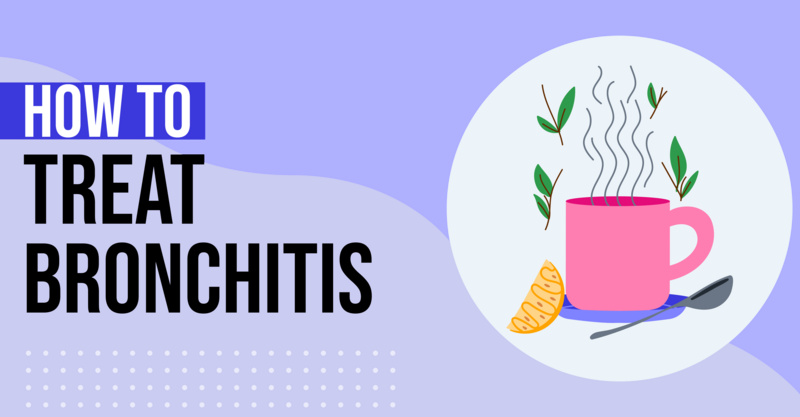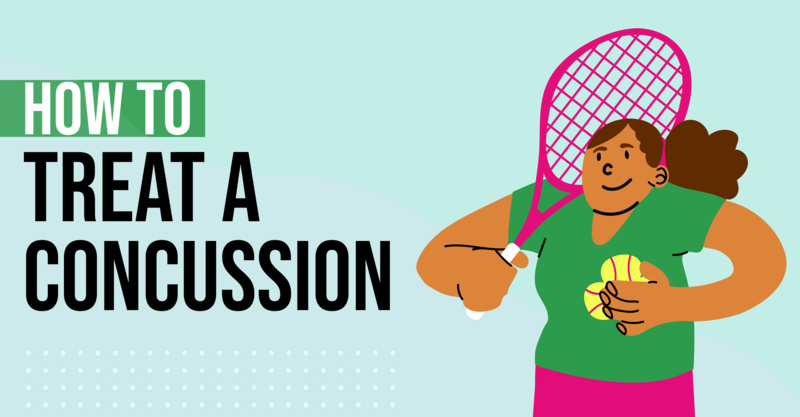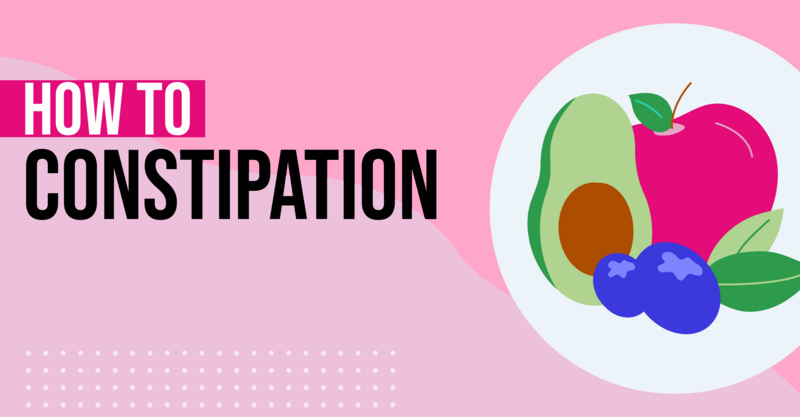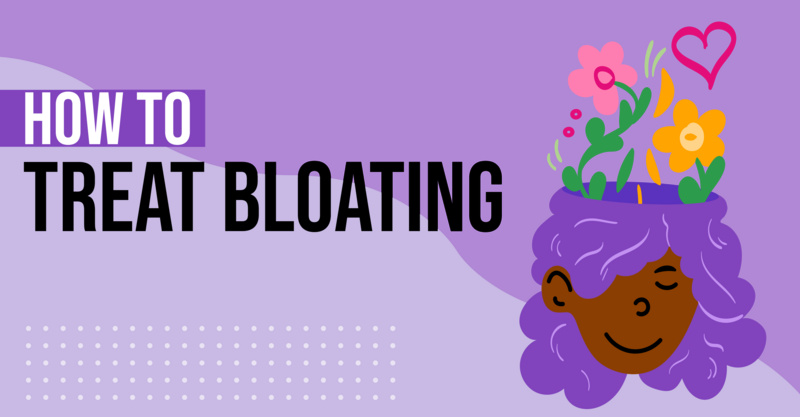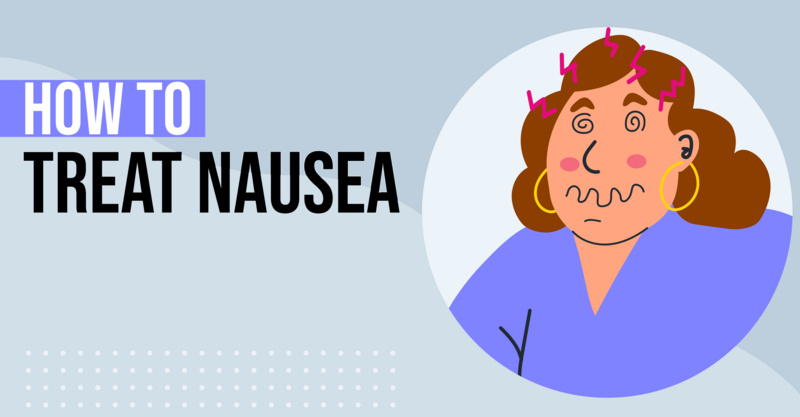Key Points
- Anxiety is a prevalent emotion that affects about 12.5% of U.S. adults annually, with symptoms ranging from excessive worry to relationship difficulties.
- Triggers for anxiety can be diverse, including stressful life events, chronic health conditions, substance abuse, and even genetics.
- There are various natural methods to manage anxiety, such as exercise, a balanced diet, meditation, deep breathing techniques, and spending time with support animals.
- Other non-pharmaceutical remedies include acupuncture, electropuncture, transcranial magnetic stimulation, and therapy.
- If anxiety symptoms persist and interfere with daily life, it is crucial to seek professional help from a mental health provider.
Anxiety is a normal and healthy emotion—it’s also a natural response to stress or danger, and it can help you stay alert and focused, according to the Mayo Clinic. However, when anxiety becomes excessive or persistent, it can be debilitating and interfere with your daily life.
Anxiety disorders are the most common mental health disorders in the United States, affecting around 12.5% of adults in the U.S. each year, according to the CDC. If you’re not sure if you’re experiencing anxiety or not, consider the symptoms and causes below.
Common Symptoms and Causes of Anxiety
Anxiety can manifest in many different ways, but some common symptoms, according to the NIH, include:
- Excessive worry or fear
- Restlessness or irritability
- Fatigue or difficulty sleeping
- Difficulty concentrating
- Muscle tension or aches
- Rapid heartbeat or shortness of breath
- Sweating or trembling
- Difficulty in relationships
The NIH also lists several things that can trigger anxiety, including:
- Stressful life events, such as job loss, death of a loved one, recently giving birth, or divorce
- Traumatic experiences, such as abuse or natural disasters
- Chronic health conditions or pain
- Substance abuse or withdrawal
- Genetics or family history of anxiety disorders
Natural Remedies for Anxiety
Anxiety can feel unbearable at times, so we’ve put together a list of natural remedies that you can try when you’re feeling anxiety creep up.
1. Get Active
Exercise is a great way to reduce anxiety and improve your overall mental health, according to Healthline. They recommend that you aim to get at least 30 minutes of physical activity per day, such as walking, jogging, or yoga. It also is a good idea to consult with your doctor before starting any exercise routines.
2. Avoid Alcohol and Cigarettes
While alcohol and cigarettes may provide temporary relief from anxiety, they can actually make it worse in the long run, Healthline notes. They recommend that you try to limit your consumption or avoid them altogether.
3. Limit Your Caffeine Intake
Caffeine can increase anxiety symptoms, according to Healthline. Caffeine is a stimulant that can increase your heart rate and can also make you feel “jittery” and anxious. To avoid this, Healthline recommends that you limit your intake of coffee, tea, and other caffeinated beverages.
4. Prioritize Good Sleep
Getting enough sleep is crucial for managing anxiety, according to Medical News Today. They note that you should try to aim for 7-9 hours of sleep per night and establish a regular sleep routine. Calming routines like taking a relaxing bath, listening to relaxing music, reading a book, or listening to white noise can all help if you are struggling to wind down in the evening. Avoiding caffeine after mid-afternoon can also help. Medical News Today also suggests using room-darkening curtains, a fan, or a white noise machine if you have trouble staying asleep.
5. Try Meditation
Meditation can help calm your mind and reduce anxiety, according to Medical News Today. They suggest that you try practicing mindfulness meditation for 10-15 minutes each day. You can find free meditation music or free guided meditation on some phone apps and YouTube, they note.
6. Eat a Balanced Diet
Eating a balanced diet with plenty of fruits, vegetables, and whole grains can help improve your overall mental health, according to Healthline. A well-balanced diet ensures that you get all the vitamins and essential nutrients that your body needs to function properly—both mentally and physically.
7. Practice Deep Breathing Techniques
Deep breathing exercises can help reduce anxiety symptoms, according to Healthline. They suggest that you try guided breathing techniques, which you can often find online. Medical News Today offers this technique you can try, which includes inhaling deeply for 4 seconds, holding for 7 seconds, and exhaling slowly for 8 seconds. Do this a few times and see if it helps you calm your anxiousness.
8. Try Aroma Therapy
Certain scents, such as lavender and chamomile, can help reduce anxiety, according to Healthline. You can try using essential oils or candles with these scents to see if it helps you.
9. Drink Herbal Teas—Like Chamomile Tea
Herbal teas can help you relax and even help reduce anxiety symptoms, according to Healthline. They recommend that you try teas like chamomile tea.
10. Try Journaling
Writing down your thoughts and feelings can help you process and manage your anxiety, according to Healthline. They recommend that you try journaling for 10-15 minutes each day.
11. Use CBD Oil
Cannabidiol (CBD) oil is believed to reduce anxiety in some people, according to Medical News Today. However, they note that it is important to talk to your doctor before trying it, especially if you take medications.
12. Consider Herbal Supplements
Some herbal supplements, such as valerian root and passionflower, may help reduce anxiety symptoms, according to Healthline. They recommend that you talk to your doctor before adding any supplements to your routine, especially if you take any medications.
13. Spend Time With Support Animals
Pets can provide comfort and reduce anxiety symptoms, according to Healthline. If you are able to, consider adopting a support animal, such as a cat or dog. If you’re not able to adopt a support animal, consider taking up a hobby that you enjoy and can help boost your mood and relax you.
14. Consider Joining a Support Group
Joining a support group can help you connect with others who are going through similar experiences and provide you with additional resources for managing anxiety, according to Medical News Today. You can find a support group near you by searching online. If you live in a rural area, there may be some online support groups available.
15. Consider Supplemental Therapies like Acupuncture or Electropuncture
Acupuncture and electropuncture are both believed to help reduce anxiety symptoms in some people, according to Medical News Today. They recommend that you see a licensed professional for both of these alternative remedies.
16. Try Transcranial Magnetic Stimulation (TMS)
Transcranial magnetic stimulation (TMS) is a non-invasive procedure that uses magnetic fields to stimulate nerve cells in the brain, according to Medical News Today. They know that there is some evidence to show that it may help reduce anxiety symptoms in some people.
17. Talk to a Therapist
Talking to a licensed mental health professional is an effective way to treat anxiety, according to Healthline. A therapist can help you work through emotional events in your life and develop coping strategies that you can use when you feel anxiety creeping in. They can also refer you to a mental health provider if you are a good candidate for medication therapy.
When to See a Mental Health Provider
If you are experiencing severe anxiety symptoms that are interfering with your daily life, it may be time to seek the help of a mental health provider. Here are some signs that you should seek medical help for your anxiety, according to Advent Health:
Signs That it’s Time to See a Doctor for Your Anxiety
- Your anxiety is getting in the way of your physical well-being
- You have anxiety about more than one thing in your life
- Your anxiety symptoms persist for six months
- Your anxiety symptoms interfere with your daily life
Recap of Natural Anxiety Relief
A great number of people experience anxiety at some point in their life. There are several things you can do to help curb your anxiety naturally, including:
- Exercising
- Avoiding consuming alcohol in excess
- Limiting your caffeine intake
- Prioritizing sleep
- Meditating
- Eating a well-balanced diet
- Using aromatherapy
- Drinking herbal teas or taking herbal supplements
- Using CBD oil
- Spending time with support animals or doing an enjoyable activity
- Talking to a therapist
- Joining a support group
Remember, if your anxiety symptoms do not improve with natural remedies, or start to get in the way of things like work and spending time with friends and family, it is recommended to see a doctor.
Frequently asked questions
What are some common symptoms of anxiety?
Symptoms of anxiety can include excessive worry, restlessness, fatigue, difficulty concentrating, muscle tension, rapid heartbeat, and problems in relationships.What are some natural ways to manage anxiety?
Natural remedies for managing anxiety include exercise, avoiding alcohol and cigarettes, limiting caffeine, prioritizing sleep, meditation, eating a balanced diet, deep breathing techniques, and spending time with support animals.Are there any non-pharmaceutical treatments for anxiety?
Yes, non-pharmaceutical treatments for anxiety can include acupuncture, electropuncture, transcranial magnetic stimulation, and therapy.What triggers anxiety?
Anxiety can be triggered by a variety of factors, including stressful life events, traumatic experiences, chronic health conditions, substance abuse, and genetics.How prevalent is anxiety among adults in the U.S.?
Anxiety affects around 12.5% of adults in the U.S. annually.What should I do if my anxiety symptoms persist and interfere with my daily life?
If your anxiety symptoms persist and interfere with your daily life, it is recommended to seek help from a mental health provider.Can herbal teas and supplements help manage anxiety?
Yes, herbal teas and supplements, including CBD oil, can be beneficial in managing anxiety.Can support animals help with anxiety?
Yes, spending time with support animals can be a helpful method in managing anxiety.
Solv has strict sourcing guidelines and relies on peer-reviewed studies, academic research institutions, and medical associations. We avoid using tertiary references.

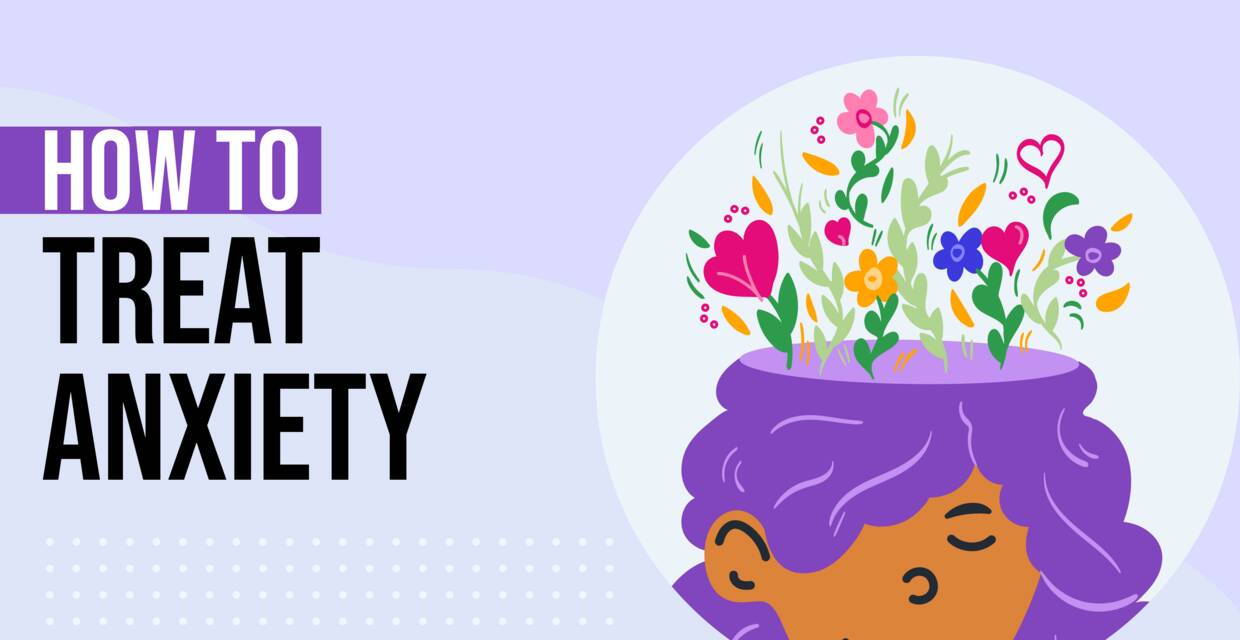
 LinkedIn
LinkedIn


